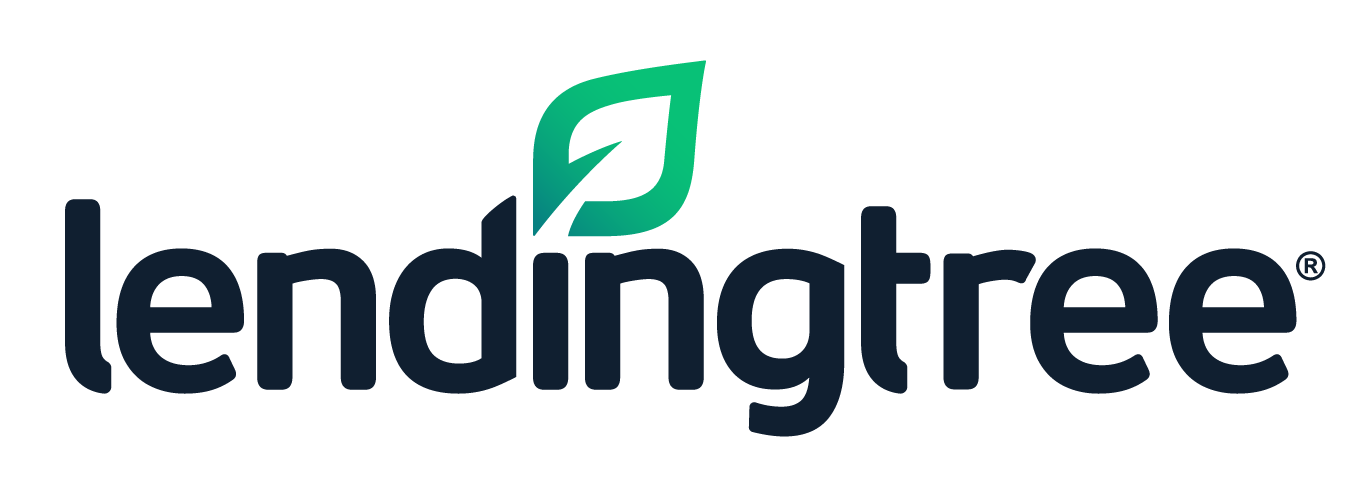Many homebuyers struggle to find their dream homes due to low inventory, which is down 20.6% from a year ago, and high demand. However, some who have found a house find themselves in an unusual situation, with a request from the existing homeowners to rent back the home until they find a place to move.
What is a rent-back agreement?
A rent-back agreement, also referred to as a lease-back agreement, is when the original owners pay the buyers to remain in the house until they find a place or their home is move-in ready. The period is usually short, lasting about 30-60 days. Rent-back agreements are considered legally binding between the two parties, making it vital that both the buyer and seller are on the same page regarding the terms and conditions. Since it is a legal agreement, it is in both parties' interests to create a written document to acknowledge and sign. This sets expectations and helps to avoid any gray areas.
Once the agreement is finalized, buyers will continue closing on the house and becoming the official property owners. At that time, the seller becomes the renter and should expect to pay negotiated security deposits and rent to continue occupying the property.
In most cases, those who find themselves in these situations are not real estate professionals. Becoming an accidental landlord isn't a decision that should be taken lightly. Here are questions both buyers and sellers should consider before signing a rent-back agreement.
Questions buyers should ask before agreeing to a rent-back agreement
Is it beneficial?
Buying a home is an exciting process. Most want to move into their new house as soon as possible and never thought of becoming a landlord first. Rent-back agreements are a strong negotiating factor in high-demand markets, and being flexible is more appealing in offers to sellers who are still struggling to find a home. It could be the difference between the seller accepting or declining your offer.
How long will it last?
Discuss the timeframe with the sellers to make sure they have adequate time to find and move into a new house. While some say these agreements can last up to six months, they shouldn't last longer than 60 days, or your mortgage company may view the house as an investment property rather than a place of residence. A change in the dwelling type can impact your interest rate by as much as 1.25%, depending on the lender.
What is a fair price?
Since most buyers finance their purchase rather than pay in cash, it is financially responsible to charge rent that offsets the mortgage, interest and tax costs. There are multiple ways to determine the rent price. The first is to charge the sellers what you pay monthly for the mortgage, insurance, taxes and interest. Another is to prorate that amount and charge a daily fee.
Do I need insurance?
Buyers do need insurance, and in most situations, lenders require it for settlement. Unlike traditional homeowners insurance that you purchase when you move into a house, rental property insurance is what you will need in this situation. Rental property insurance covers the dwelling if damaged by a covered incident and also covers liability and loss of rental income. Rental property insurance costs approximately 25% more than homeowners insurance, or about $1,800 per year.
Is it OK to enter the property?
As the property owner, you may be ready to get started on home improvements or make sure the sellers abide by the rent-back agreement. It is recommended that the agreement also outlines how much notice you agree to give before visiting the property. This is important because the sellers still have a right to their privacy and daily life events.
Things sellers should consider when entering into a rent-back agreement
Do I still need insurance?
While sellers no longer need homeowners insurance, they should purchase renters insurance. Renters insurance covers the personal property owned by the tenant, loss of use of the property and liability in the event somebody is injured and the tenant is responsible. Renters insurance costs less than home insurance, and tenants should purchase enough to cover their belongings in addition to $100,000 in liability coverage.
What responsibilities do I have?
In most rental agreements, the landlord is responsible for maintaining primary components of the property, including appliances, the roof and HVAC systems. Some rent-back agreements include clauses that require the tenant to leave the property in the same condition, which would make them responsible for these vital repairs.
Is it cost-effective?
Before deciding that the rent-back agreement is a good idea, the sellers should make sure it is the best option for the situation. In addition to the costs of the rent-back compared to renting a temporary home, they should consider the time saved in moving multiple times, storage rental fees and moving company fees.
Jumping into a rent-back agreement without reviewing these fundamental questions is a risky choice. Take the time to talk to the other party, set guidelines and come to a mutually beneficial arrangement that gets you into your dream home as soon as possible.










